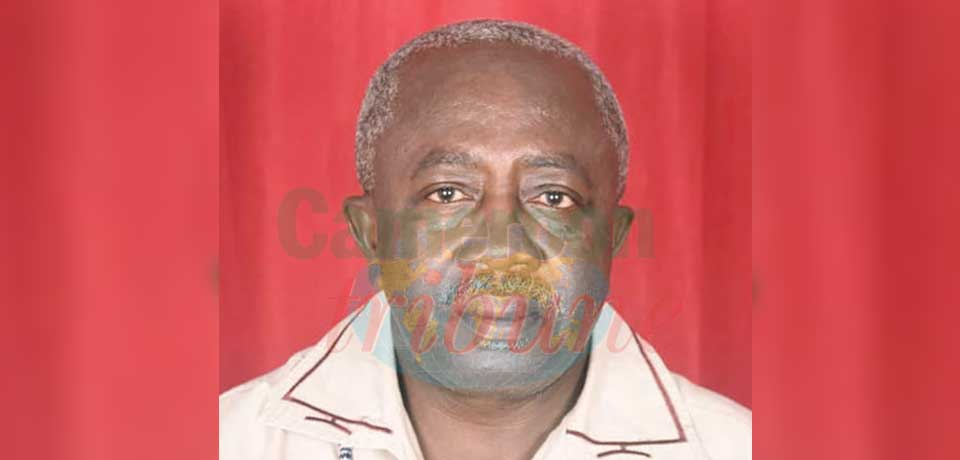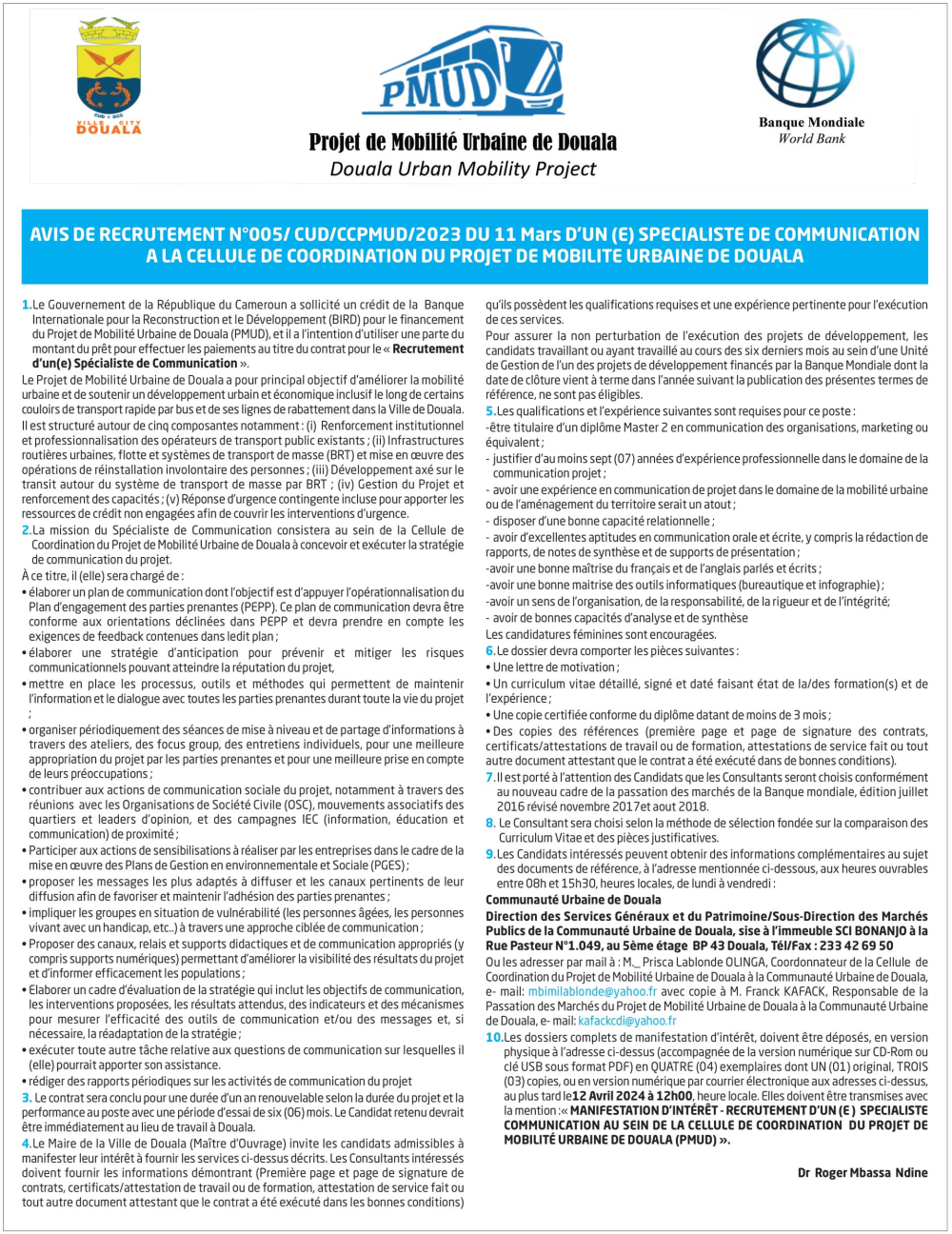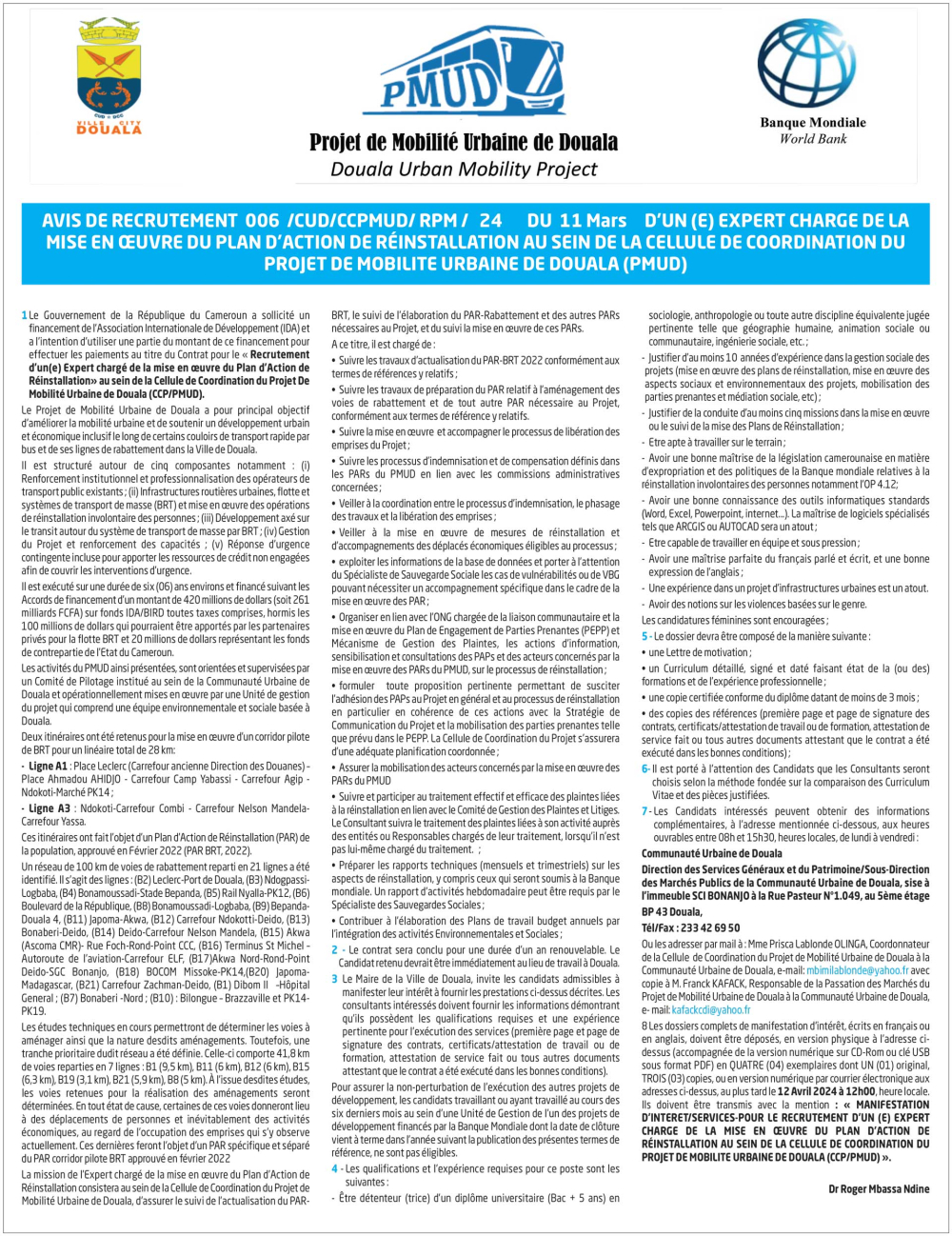“COVID-19 Is Responsible For New Brain Attacks, Strokes”
- Par Kimeng Hilton
- 28 juil. 2020 10:26
- 0 Likes

Prof.Alfred Kongnyu Njamnshi, Executive Director, Chief Executive Officer, Brain Research Africa Initiative, BRAIN; organiser of BRAIN Week in Cameroon.
The theme for this year’s Brain Research Africa Initiative, BRAIN Week in Cameroon, BWC is “COVID-19 and Chronic Brain Disease: Parkinson’s.” Why the choice?
As you know, the BRAIN Week in Cameroon, BWC, which started with the World Brain Day, WBD, on July 22, is taking place at a time the country, like the rest of the world, is battling with the COVID-19 pandemic. Government has prescribed measures for the population to follow in order for us to successfully control the spread of the infection. We in BRAIN have launched, with our partners and with the support of Government, a series of nation-wide online surveys, to determine the level of adherence of the general population and some professional groups to these prescriptions. Furthermore, the theme of the World Brain Day is on Parkinson’s disease (“Move together to end Parkinson’s disease”).
Given that the BWC is a twin event, we simply combined the two themes to have “COVID-19 and Chronic Brain Disease: Parkinson’s” as the theme for the Second BRAIN Week in Cameroon. We hereby express our profound gratitude to the Prime Minister, Head of Government, for his distinguished patronage and personal support of this event, to all cabinet ministers and the British High Commission in Yaoundé, for their full support.
Is there any proven link yet between COVID-19 and Parkinson’s disease?
Although there is still a lot to learn, we have some initial pieces of evidence that suggest that COVID-19 complicates the clinical evolution of Parkinson’s disease, PD, making motor and non-motor symptoms of the disease worse. These complications, if severe, lead to increased anxiety and increased anxiety further complicates the quality of life and brain health of the patients.
Secondly, antibodies to Coronavirus were demonstrated in PD patients more than two decades ago and the fact that Coronaviruses can enter the brain through the nose, causing loss of smell or reduced smell sensation. This symptom of disturbed smell sensation is a common with PD. We also know that the olfactive bulb (a part of the nerve that transmits smell sensation to the brain) is an area that selectively receives deposits of the pathologic substance in PD (alpha synuclein). Lastly, although PD does not appear to increase the risk of being infected by SARS-CoV-2 and developing COVID-19, the link between COVID-19 and PD is still under study and we hopefully will learn more with time.
How much impact does the Coronavirus disease leave on the brain and what can be done to mitigate it?
We know that through the process of exaggerated blood coagulation, COVID-19 is responsible for new brain attacks or strokes, especially in the younger populations (with various complications of these strokes). There is some evidence that SARS-CoV-2 infection may trigger PD-type neuro-degeneration by accelerating ageing in brain tissues. The relationship between COVID-19 and dementias such as Alzheimer’s disease, AD, are much more complex and require further studies. However, some evidence suggests that advanced dementia might be an important risk factor for death in COVID-19 patients. On the other hand, patients suffering from multiple sclerosis may be vulnerable to more severe COVID-19 outcomes than those...
Cet article complet est réservé aux abonnés
Déjà abonné ? Identifiez-vous >
Accédez en illimité à Cameroon Tribune Digital à partir de 26250 FCFA
Je M'abonne1 minute suffit pour vous abonner à Cameroon Tribune Digital !
- Votre numéro spécial cameroon-tribune en version numérique
- Des encarts
- Des appels d'offres exclusives
- D'avant-première (accès 24h avant la publication)
- Des éditions consultables sur tous supports (smartphone, tablettes, PC)
















Commentaires